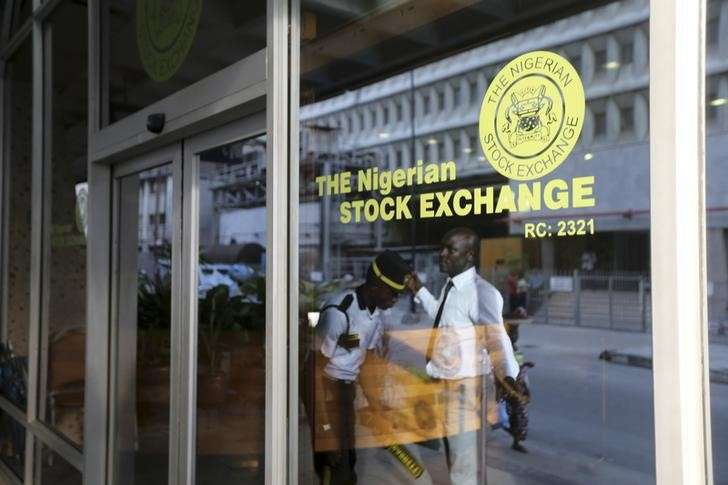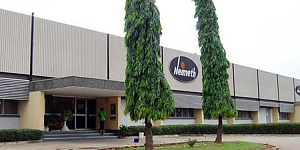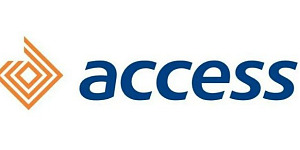The council of the Nigerian Stock Exchange (NSE) yesterday stepped down proposed resolutions on demutualisation with a view to further engage with key stakeholders on the ways and processes for the smooth conversion of the Exchange from member-owned entity into a company based on shareholdings.
At the annual general meeting yesterday in Lagos, president, Nigerian Stock Exchange (NSE), Mr. Aigboje Aig-Imoukhuede, said the resolutions on demutualisation were stepped down because of the need for further consultation.
Stockbrokers, who form the majority of member-owners of the NSE, said the decision to further engage in consultation was in the best interest of the market noting that while they wholeheartedly support the demutualisation, there are issues that require further engagement with key stakeholders.
President, Chartered Institute of Stockbrokers (CIS), Mr. Oluwaseyi Abe, said stockbrokers were fully in support of the demutualisation but there is the need to fine-tune some aspects of the process.
“We need to have more engagement on the demutualisation to ensure that by the time we are taking off, we are taking off properly,” president, Association of Stockbroking Houses of Nigeria (ASHON), Mr. Emeka Madubuike said.
Madubuike, who noted that stockbrokers want to accelerate the process of demutualisation, said an extra ordinary general meeting could be convened at the shortest possible time to jump-start the demutualisation process.
The NSE had included two special resolutions on demutualisation in the agenda for the annual general meeting; firstly to authorise the council and management of the Exchange to commence the demutualisation process and secondly, to empower the council and management to take all necessary steps to realise the demutualisation agenda.
The demutualisation process will involve allocation of ordinary shares to existing member-owners of the NSE, possible sale of shares to a strategic core investor, listing of the NSE on its own floor and secondary disposal of shares to the general investing public.
After valuation of the Exchange, determination of members who are qualified for shareholdings and the appropriate number of shares receivable by each member, the primary allotment of shares would be done to current members of the Exchange, thus formally converting the Exchange from its current members-owned status to shareholders-owned status.



























































